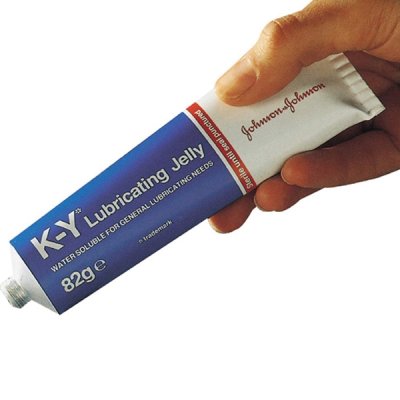I had a pretty serious water drip from my raw water pump on my genset several months back.
The bolts holding it on were pretty rusted from lack of maintenance from the PO, so I have been hesitant to do anything till my sumner break of major maintenance.
I sprayed the drip opening several times with Armor All Protectorant, and after 50 hours of running time, the genset still pumps great and doesnt leak anymore....so add another lubricant to the pile that works fine.
After a long spell of not running the genny, water is the only lube so just about any lube but dry is probably OK.



